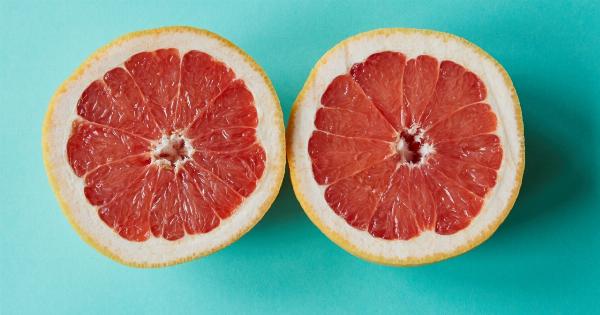Kidney stones are small, hard deposits that form in the kidneys and can cause extreme pain when they move through the urinary tract. These stones can develop due to various factors, including dehydration, certain medical conditions, and dietary habits.
However, with some lifestyle modifications and preventive measures, you can significantly reduce your risk of developing kidney stones. In this article, we will discuss ten effective tips to help you stay stone-free.
1. Stay Hydrated
One of the most crucial steps in preventing kidney stones is staying adequately hydrated. Drinking plenty of water throughout the day helps dilute the urine and flush out the minerals and substances that can lead to stone formation.
Aim to drink at least 8 to 10 glasses of water daily, and even more during hot weather or intense physical activity.
2. Eat a Balanced Diet
Avoiding a diet that is high in certain substances, such as oxalate, can help prevent kidney stones. Oxalate is found in foods like spinach, nuts, chocolate, and some fruits, and it can combine with calcium in the urine to form stones.
However, it’s crucial to note that a low-oxalate diet is not suitable for everyone and should only be followed if recommended by a healthcare professional.
3. Limit Sodium Intake
Consuming excessive amounts of sodium can increase the risk of calcium-based kidney stones. High levels of sodium in the urine can prevent calcium from being reabsorbed by the kidneys, leading to stone formation.
Reduce your sodium intake by avoiding processed foods, canned goods, and fast food. Opt for fresh ingredients and season your food with herbs and spices instead of salt.
4. Increase Citric Acid Consumption
Citric acid can help prevent kidney stones by inhibiting stone formation and breaking down small stones that are already present. Citric acid binds to calcium, preventing it from combining with other substances to form stones.
Citrus fruits like oranges, lemons, and grapefruits are excellent sources of citric acid. Including these fruits in your diet or consuming them in juice form can be beneficial.
5. Maintain a Healthy Weight
Being overweight or obese increases the risk of kidney stone formation. Excess weight can interfere with the normal functioning of the urinary tract and lead to the accumulation of substances that form stones.
Maintain a healthy weight through a balanced diet and regular exercise to reduce your chances of developing kidney stones.
6. Limit Animal Protein Consumption
A diet high in animal protein can increase the acid levels in the urine, leading to stone formation. Animal protein sources like red meat, poultry, and seafood contain purines, which break down into uric acid.
High uric acid levels can contribute to the formation of uric acid stones. Limit your intake of animal protein and opt for plant-based protein sources like legumes, tofu, and quinoa.
7. Cut Back on Oxalate-Rich Foods
If you have been diagnosed with calcium oxalate stones, it may be beneficial to limit your consumption of foods high in oxalate.
While a low-oxalate diet may not be suitable for everyone, it can help reduce the risk of stone formation in individuals with a history of calcium oxalate stones. Consult with a healthcare professional or dietitian to determine the appropriate dietary restrictions for your specific situation.
8. Get Sufficient Calcium
Contrary to popular belief, getting enough dietary calcium can actually help prevent kidney stone formation. Calcium binds with oxalate, preventing it from being absorbed by the body and forming stones.
Rather than reducing calcium intake, focus on obtaining calcium from food sources rather than supplements. Good sources of dietary calcium include milk, yogurt, cheese, and leafy green vegetables.
9. Limit Vitamin C Supplements
While vitamin C is essential for overall health, excessive intake through supplements may increase the risk of kidney stone formation. Vitamin C can be metabolized into oxalate, contributing to the formation of calcium oxalate stones.
If you are prone to kidney stones, it is advisable to limit vitamin C supplementation and obtain the recommended daily intake through dietary sources.
10. Regularly Monitor Your Urine
Monitoring your urine can provide insights into your kidney health and help detect early signs of stone formation.
If you have a history of kidney stones, your healthcare provider may recommend regular urine testing to assess the levels of various substances that contribute to stone formation. Based on the results, your provider can provide personalized advice on dietary modifications or medications to prevent further stone development.






























